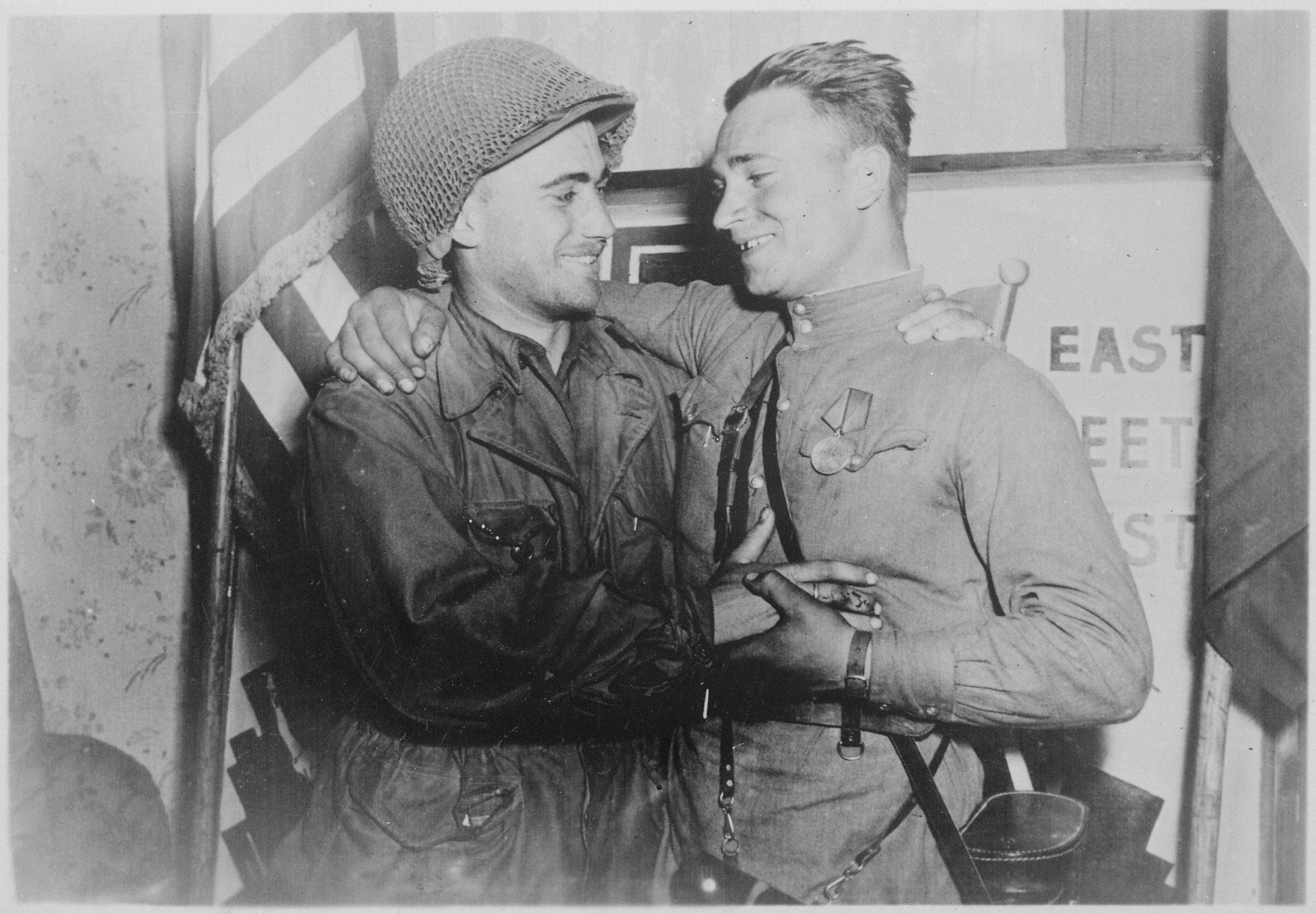WWII expert Peter Caddick-Adams discusses the last months of the war in Europe and some of the key figures involved
Subscribe to All About History now for amazing savings!
As a new year dawned in 1945, victory in Europe seemed close at hand. The Allies had made incredible strides into the continent from the west since D-Day and the Soviet Union was rallying in the east. But was victory already inevitable? We asked military expert Peter Caddick-Adams to talk us through those final days.

Peter Caddick-Adams is a writer and broadcaster who specialises in military history, defence and security issues. He has written numerous books on World War II His latest, Sand and Steel, will be out on 16 April through Arrow, for £12.99.
Image source: Russell Emm
Allied victory had been inevitable for some time. On being appointed Supreme Commander in December 1943 Eisenhower predicted there would be two major battles to defeat Germany. The first would be to land on the French coast; the second would be crossing the River Rhine. He forecast that both would be extremely bloody. D-Day was costly and the battle for Normandy bloodier than anticipated. However, most German combat power in the west had been dissipated during the Ardennes campaign, which ended on 28 January. Coincidentally, from this date there would be exactly 100 days left of the European War, though that was not obvious at the time. The Reich’s forces had little petrol and no air cover, while many of its battalions included old men and boys. This meant that “the last great heave of war”, as Churchill described the March 1945 Rhine crossings in his memoirs, were accomplished with relative ease. By the end of March, all seven Allied armies (four US, and one each from Britain, Canada and France) were east of the great river that no hostile army had assaulted since Napoleon in 1805.
The Allies suffered two major shocks of different kinds during the last 100 days. The first was the death of President Roosevelt on 29 March from a cerebral haemorrhage, aged 63. The second was the discovery of the concentration camps; although Auschwitz had been liberated by Soviet troops on 27 January, Western Allied soldiers were totally unprepared for the horrors they encountered when Ohrdruf was taken on 4 April, nearby Buchenwald on 11 April, and Bergen-Belsen four days later. Few inmates had survived and were so weak that they could barely move. The camps’ survivors and their liberators would be permanently traumatised by the experience.
Banner image source: wiki/National Archives
Read our full interview with Peter Caddick-Adams in All About History 89, available now from our online store
Subscribe to
All About History now for amazing savings!


